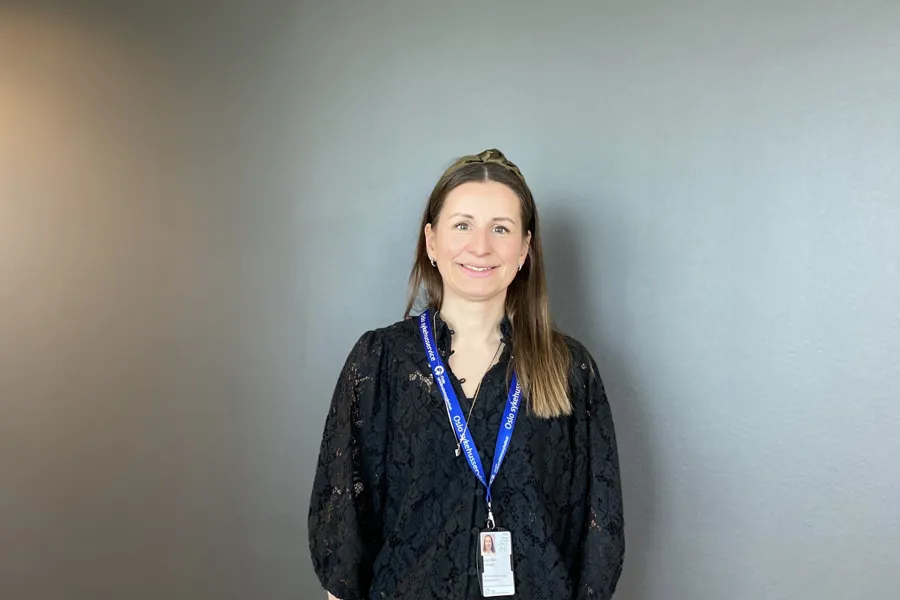How Does the NorTrials Feasibility Portal Work – Experiences and Results So Far
NorTrials will act as "one way in" for the pharmaceutical industry to get in touch with Norwegian clinicians and hospitals that can conduct clinical trials. The feasibility portal is the gateway to clinical trials in Norway.

The portal is a digital solution where the industry can submit their requests for clinical trials. The requests will be forwarded to dedicated recipients in relevant hospitals, who follow up locally.
Feasibility, in this context, means a mapping of which hospitals are suitable to participate in which trials.
NorTrials coordinating unit acts as a facilitator for contact between industry and hospitals.
“We manually review the enquiries in the portal and register them in our systems. We then send the requests by e-mail to our contact persons at hospitals that have expressed an interest in performing trials within the relevant therapy area. The hospitals report positive interest directly to the company, within the specified deadline, with a copy to NorTrials”, says Signe Øien Fretland, head of NorTrials coordinating unit.
Hospitals that are not interested send feedback to the coordinating unit only, which sends a collated response to the sponsor.
“This procedure provides us with a complete overview of responses, and we can follow up when needed," says Fretland.
Once the parties have established contact, further dialogue will take place without NorTrials being involved – with certain exceptions.
"We can help clear up ambiguities and send reminders in the event of a lack of answers from the hospitals," says Fretland.
She emphasizes that it is voluntary for industry and CROs to use the feasibility portal. Some companies already have established contacts at several hospitals, and there is nothing wrong with contacting them directly.
“The feasibility portal is probably most relevant for companies that do not already know investigators in the relevant therapy area, or want more trial sites. However, we see that some companies - despite knowing Norwegian conditions well - use the portal because they experience more feedback from the hospitals and better follow-up," says Fretland.
Another advantage of contact through the portal is that NorTrials can forward requests of a more general nature.
"We can involve networks in, for example, paediatrics or rare diseases, and can also pass enquiries on to the primary health care when needed," says Fretland.
The portal has been operational since August 2022, and as of April 2024, there have been 67 requests. Around 40% of these concern the cancer area, followed by medical devices, neurology, respiratory and skin.
Mapping of whether trials have actually been allocated to one or more hospitals in Norway is ongoing, with these preliminary results:
Clinical trials allocated to Norway: 7
Clinical trials not allocated to Norway: 14
Not clarified from sponsor/CRO or still in feasibility process: 46
Signe Øien Fretland has an appeal to the companies: Always inform the hospitals whether the trial has been allocated to their hospital or not.
"We strongly urge companies to report back to the hospitals as soon as they know the outcome of the feasibility process, to avoid that doctors, nurses and coordinators reserve much-needed resources in vain," she says.